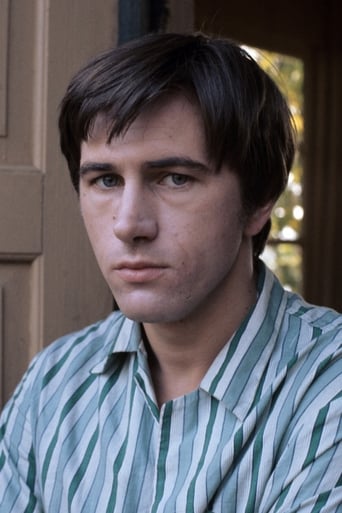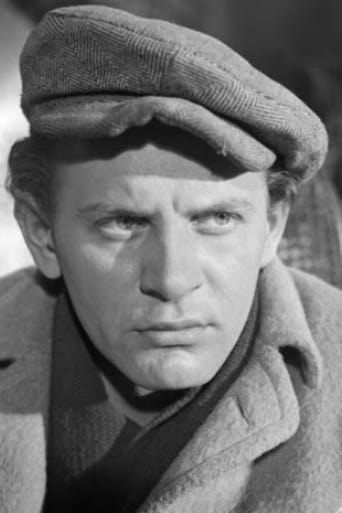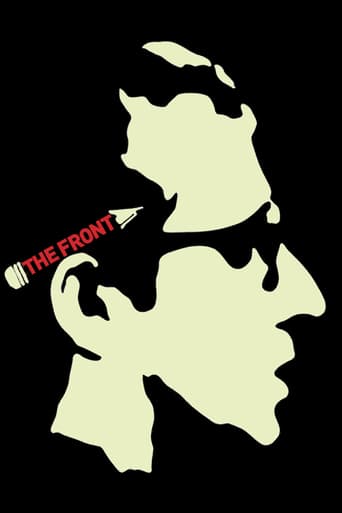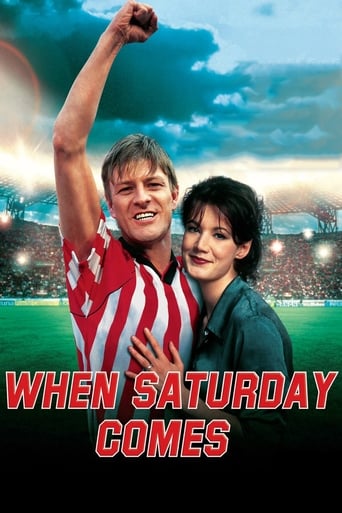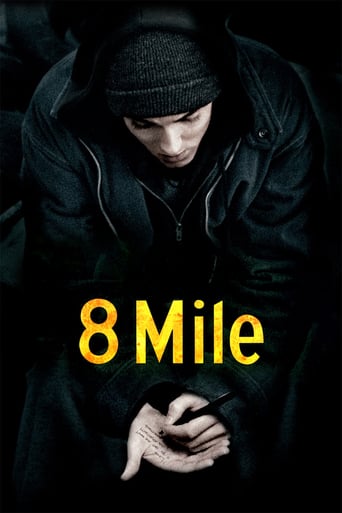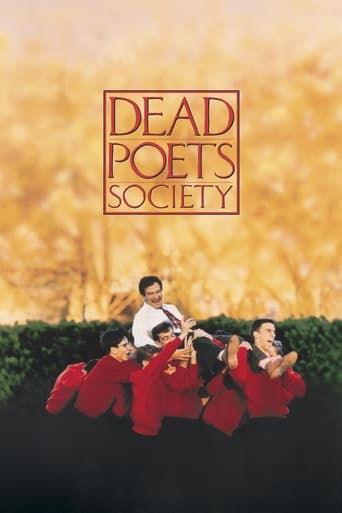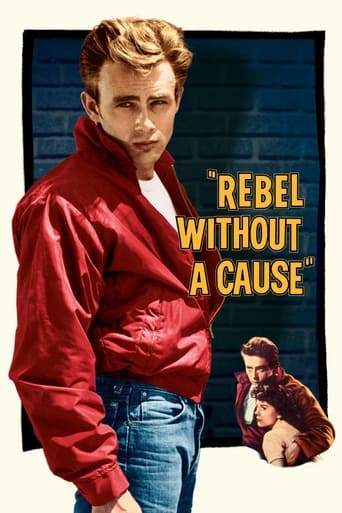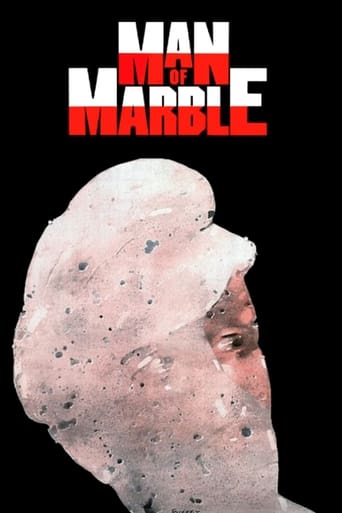
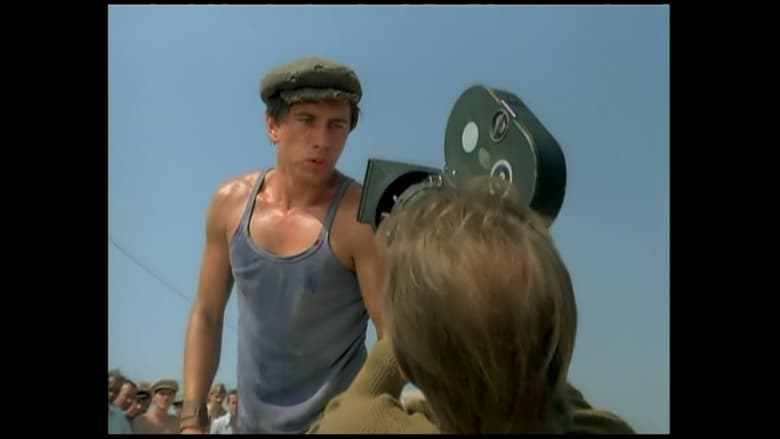
Man of Marble (1981)
A young Polish filmmaker sets out to find out what happened to Mateusz Birkut, a bricklayer who became a propaganda hero in the 1950s but later fell out of favor and disappeared.
Watch Trailer
Cast


Similar titles
Reviews
Strong and Moving!
Captivating movie !
A brilliant film that helped define a genre
A clunky actioner with a handful of cool moments.
In 1976, a young woman in Krakow is making her diploma film, looking behind the scenes at the life of a 1950s bricklayer, Birkut, who was briefly a proletariat hero, at how that heroism was created, and what became of him. She gets hold of outtakes and censored footage and interviews the man's friends, ex-wife, and the filmmaker who made him a hero.What is to be said about this film? Some say it is anti-communist, but is that really fair? At most, it could be said to be anti-Stalinist, which isn't really the same thing when you get down to it. And because one idealist has faded to obscurity, does that put a shadow over the whole movement? The idea is interesting and of course has some historical parallels, but I can't say it ever fully got my attention and would not be one of my favorite Polish films. I would much more have enjoyed an exposition of a real person rather than some fictional creation.
In my recent reviews of the Defa films about the life of Karl Liebknecht I pointed out, that the textbook Bolshevist character is revolutionary and self-sacrificing, willing to exploit itself for the benefit of society. It chanced that I have just seen the Polish film Man of Marble, which elaborates on just this subject. Hence I enjoyed the film, even though the message in the narrative is rather vague. The story plays in the late seventies. The leading thread is a film project, that is meant to finish the studies of Agnieszka, one of the main characters. She decides to make a commentary on the former lead worker Mateusz Birkut, who rose to extreme popularity in the fifties. Then in the aftermath of Stalinism he was discredited and put in prison, apparently simply because he became a bit of a nuisance - like so many others. Agnieszkas project is not welcomed by the authorities, because it reopens old wounds. However, they do provide her with the means to start the project (a camera crew of three people). As the story unfolds, Agnieszka turns out to be a typical news-hawk: intrusive, chasing "great material", without much respect for other peoples feelings. In a chain of interviews the old companions tell about their part in Birkuts career. I don't know if it is intended, but my sympathy went mainly to those characters, people who were less fortunate than Birkut, and nonetheless managed to do something useful with their lives. Birkut starts as a brick layer. He participates in a propaganda project, that aims to boost productivity in building. It uses the division of labor, and the mechanic motion, that in the west is called Taylorism. Birkut is launched as a celebrity, a working class hero, and enjoys all the privileges. Many former colleagues get a dislike for him, since he pushes up their norms. At the same time, the authorities get tired of Birkuts mediation for fellow workers,and try to put him on the sidelines. Birkut ignores the warning signals, and is eventually convicted and imprisoned for four years. In the post-Stalin era he is rehabilitated, but due to his embitterment he remains an outcast. After all these years Agnieszka is unable to track him down, but she finds his son Maciej Tomczyk (Birkut never really married, and later abandoned his girlfriend). Maciej tells that Birkut has passed away. In the sequel Man of Iron we learn that he was actually shot during a workers' upsurge. As said above, the film message is mixed. Birkut is not a man of high morals, but a victim of the system. The increase of labor productivity is a common goal in all economies, no matter what their ideologies may be. In capitalism the driving force is extra pay, or in times of large unemployment the competition between the workers. In the Bolshevist states the workers were supposed to voluntarily exploit themselves. Solshenitsyn once told a story, that just after the revolution the propaganda drove some simple minds to actually work themselves to death. Later productivity was stimulated by giving social rewards for excellent achievements (the famous surpassing of the planned task), in the form of marks of honor (often to a collective or enterprise). Workers ethics in Japan have also been mentally unhealthy. You need trade unions to provide for a counterbalance, and this is in fact the subject of the sequel film Man of Iron. In my opinion the film is not anti-Bolshevist - and it was financed by the state. It just calls for better balances in the social power distribution within the system. Probably there are lots of hidden meanings in the film. For instance, Birkut burns his fingers, after "subversive elements" have heated one of his bricks, which is quite funny. From then on Birkut wears gloves. And a fellow worker of Birkut enters the office of a party bureaucrat and never returns, even though there is no other exit. The legs of Agnieszka move in all directions (you will not see this behavior with for instance Julia Roberts). This category of social films is just my cup of tea, so if you like the type I suggest that you read my other reviews.
I'm surprised that this great film hasn't gotten more comments. In any case, the previous reviews really nail the film pretty well. I only want to add that the filmmaker within the film, Agnieszka (played by Krystyna Janda), is such a fiercely dedicated artist that she really commands our attention in every scene she's in. Sneaky, smart, with a deep cunning and a sly sense of humor, she is the real hero of the film. I love the many scenes where she steals mischievous glances at her co-workers while collecting the provocative material for her film.Watch for the scene where she kicks her sound man in the shin. Also especially memorable is her encounter with a more successful film director, who she must persuade to be interviewed. She simply walks up to his car, bends down and looks in at him, with a blank expression on her face, and stares at him. It's as if she's persuading him by sheer force of will! Truly a great film, and a great performance.
So many film students have wasted their time trying to study "Kane" as a character study and as a satire. But it wasn't really either of those things, but an experiment in depth for the camera and narrative structures. The frequent comparison between that film and this one makes a lot of sense superficially; the newsreel footage, the interviewees made up to look 20 years older.But Agniezcka is making a film, rather than a piece for a newspaper: journalism vs. art, capitalism vs. socialism. Although the journalists in "Kane" said otherwise, they were never seeing "who he was" rather "what he was like" ie. his behaviour, how others perceived him etc. Here we have something broader, examining a man confronting society, confronting his friends, and confronting himself all at the same time. Newspaper journalism tells us what something is like. Good documentary strives to really define what or who something was.This is a highly intelligent structure, moreso than his previous works and moreso even than "Kane." As a meditation on film-making, it moves gracefully from the shots captured by Agniezcka's cinematographer, and the shots of Wajda himself, forcing us to draw parallels.It's a shame Wajda remains largely unknown. Perhaps the up-coming Criterion set of his "War Trilogy" will change that.4 out of 5 - An excellent film



